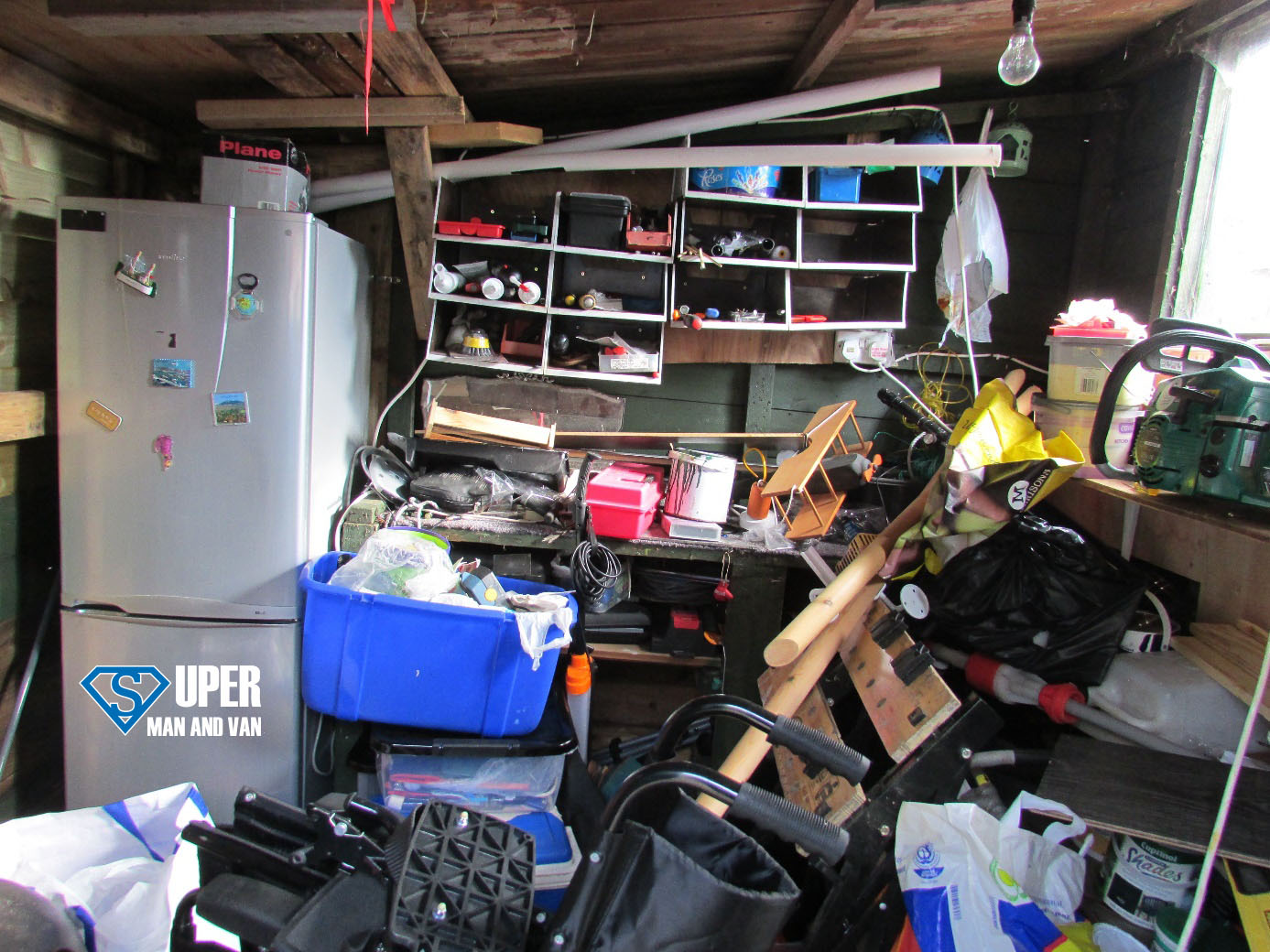14
Dec
When a Hoarder Needs to Move Home
Hoarding is a problem affecting about 1.2 million people in the United Kingdom alone. This is a serious condition that is often triggered by a mental disorder such as OCD, anxiety or depression. Many people mistake hoarding for collecting and vice versa but these are two separate things. A collector collects a very specific type of items and has a designated spot or a room in their home to keep them. Hoarders, on the other hand, are more likely to:
- Accumulate all kinds of items including such that are broken or have no value
- Become emotionally attached to material possessions
- Be unable to throw anything away
- Feel embarrassed by their habit
- Struggle to organise or categorise anything
But what happens if a hoarder needs to move home? If you are living with a person suffering from this condition, you should get ready for a challenge and to remember that patience, understanding and communication is the only way to go.
Help is a must
A hoarder is not likely to be able to plan and carry out a relocation all alone. Therefore, if you know someone who is a compulsive hoarder, do your best to give them a helping hand even if you are not living together. You will need to be by their side during every step of the way. However, don’t carry all the weight on your shoulders. Find a qualified therapist or a psychologist and let the professional discuss the upcoming relocation with both you and your hoarder friend.
Don’t force it, but don’t run away
While most people can plan a house move within a month, moving a hoarder is likely to take a lot more time. That is because you will first need to discuss the problem in detail and show your friend that hoarding is not healthy. Only then can you proceed to the decluttering phase. But reaching this second step may take weeks or even months. That is why, at some point, you may be tempted to send your hoarding friend away (at a hotel, for example) and to start throwing their stuff away without their knowledge and permission. This, however, will get you to nowhere and it will have a disastrous effect on the hoarder’s wellbeing. So, be patient and even if you start to feel like giving up at some point, don’t. Be persistent but don’t force it.
Hire a professional moving company
Do not expect too much out of a hoarder who has just realised that they have a serious obsessive-compulsive disorder. Even if you manage to persuade them to get rid of the clutter, they will still want to hold on to some of their junk. Therefore, you will also need to find a reliable removal company that is well-equipped and trained to provide additional solutions such as junk removal and quality end of tenancy cleaning in London. That will somewhat speed up the relocation process.
 Seek for a long-term solution
Seek for a long-term solutionEven if you convince a hoarder to get rid of many of their clutter, they are likely to get back to their old habits shortly after the move. A long-term solution is necessary in order for them to beat this disorder. Stay by their side and provide them with your support even after they relocate. Encourage them to go to therapy and to seek help.

